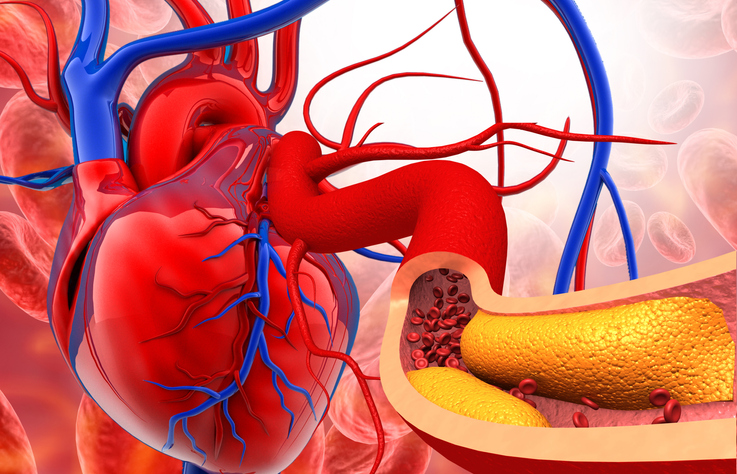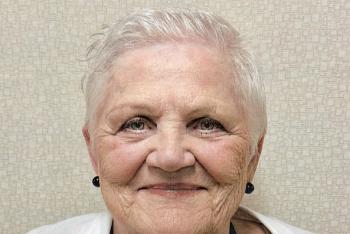Learn about how transcarotid artery revascularization (TCAR) compares to traditional treatments like...
Read More

Your heart pumps blood to your body. However, if your ticker is not in tip-top shape and your arteries are becoming blocked, you could suffer a heart attack. An interventional procedure called percutaneous coronary intervention (PCI) enables cardiologists to improve blood flow to your heart, reducing your chances of a heart attack.
Elective PCI is a procedure an interventional cardiologist uses to open blocked coronary arteries, often with a stent, in patients diagnosed with coronary artery disease.
“Elective PCI is a minimally invasive treatment that restores blood supply to the heart muscle and helps prevent heart attack, heart failure and other forms of heart disease,” said Ashfaque Ali Unwala, M.D., interventional cardiologist and member provider of Cooper and Inspira Cardiac Care. “Previously, we could only open a blocked artery while a heart attack was in progress, which we call emergent PCI. Now, we can offer these lifesaving procedures proactively to prevent heart attacks before they occur.”
During an elective PCI procedure, a cardiologist inserts a small tube through a blood vessel at the top of your thigh or in your arm. Then, they guide a catheter through the tube to your heart, inject iodine-based contrast and use an X-ray to view the heart arteries. This first step is called a heart catheterization.
“If we identify a significant blockage and determine that it’s both safe and appropriate for treatment, we can proceed with intervention at that time,” said Dr. Unwala. Evaluating a patient’s condition during a diagnostic procedure is integral to Inspira’s commitment to safety and quality care.
To perform the PCI, a cardiologist will inflate a balloon at the tip of the catheter to open the clogged artery. In most cases, they place a stent, which will help the artery stay open. Finally, they will remove the catheter and have you back on your feet within a few hours.
An elective PCI procedure may be appropriate for many patients, including but not limited to those experiencing progressive chest pain, shortness of breath or constant fatigue, those diagnosed with coronary artery disease or those with unexplained congestive heart failure.
“If you are experiencing these symptoms, it’s vital to discuss them with your cardiologist and get care quickly,” said Dr. Unwala.
Importantly, not every heart catheterization leads to an elective PCI. In some cases, patients may require other types of treatment or a follow-up procedure. However, patients can then get appropriate care, which can still prevent a more serious health issue from occurring.
For more information on the minimally invasive treatment options available with Cooper and Inspira Cardiac Care or to schedule an appointment with a Cardiac Partners specialist, visit cooperandinspira.org.

Learn about how transcarotid artery revascularization (TCAR) compares to traditional treatments like...
Read More
Heart disease symptoms can manifest differently in women than in men, making early detection...
Read More
Meet Rosalind Jackson: At 82, she's unstoppable. Despite enduring multiple heart attacks, this...
Read More
The material set forth in this site in no way seeks to diagnose or treat illness or to serve as a substitute for professional medical care. Please speak with your health care provider if you have a health concern or if you are considering adopting any exercise program or dietary guidelines. For permission to reprint any portion of this website or to be removed from a notification list, please contact us at (856) 537-6772